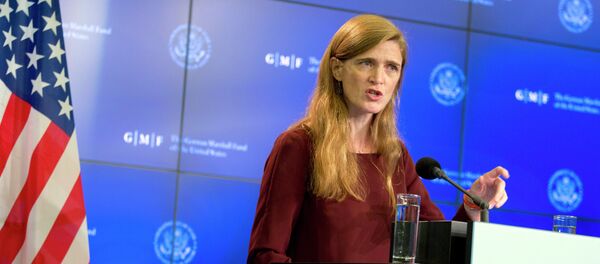"I think it's clear that the ceasefire once again has failed. I think it's also clear that it's failed because there are certain actors in Washington who want it to fail. This is not the first time. Even before this agreement was reached you had the more hawkish voices in Washington, like Defense Secretary Ashton Carter, who expressed their objections towards any kind of cooperation whatsoever with the Russian side," the analyst observed.
Rizk maintained that the Syrian ceasefire could only be rebooted if Obama "stands up" to hardliners in Washington, but doubted that the US president will do that.
If the latest deal on Syria falls apart, "a more likely scenario" of more escalation, more widespread terrorism in the Middle East and beyond will unfold. "The Syrian crisis has proved that the more it continues the more terrorism will spread beyond Syria's borders to all parts of the world," he added.
The analyst further said that the United States does not have a single policy with regard to Syria, but rather Washington has simultaneously pursued multiple contradictory policies in the war-torn country.
"You have [US President Barack] Obama and Secretary of State John Kerry, who in my view want to have some kind of cooperation with Russia. Obama, I've heard from some voices in Washington, is afraid that the US homeland might be subject to a big terrorist attack. And that's not farfetched" considering what happened recently in Minnesota, New Jersey and New York, he said.
Rizk further said that not only does the US lack a comprehensive strategy for Syria, Washington also has no influence over the radical groups it has backed since the 2011 foreign-sponsored uprising morphed into a large-scale war.
"So if Washington does not have a coherent policy, you can't expect Washington to control these extremist groups. In fact, I believe that some branches in the US government even want to use them in order to topple the Syrian President Bashar al-Assad. So no, Washington can't even control its own policy, let alone control these terrorist groups on the ground."
This has become clear in the last two weeks when Russian and American diplomats made a major effort to bring peace to the embattled Arab country. The Lavrov-Kerry deal paved the way for a large-scale ceasefire that did not hold since US-backed rebels violated the secession of hostilities more than 300 times in the week since it came into effect, according to the Russia Ministry of Defense.



